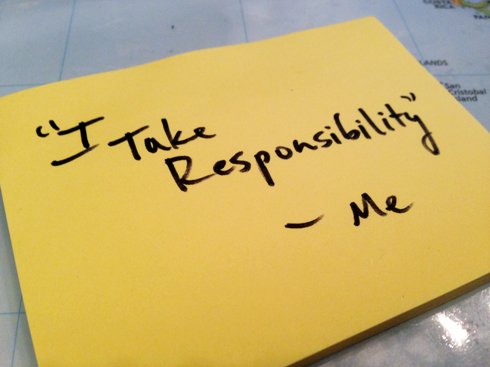Communication 101 for Couples by Samantha Maciaga, MA, LCPC
Talking is easy, right? Yes, usually, and it may sound simple, but healthy communication is not always straightforward. In my work with couples, I see communication issues as one of the top struggles for couples seeking therapy. I think it’s important to lift the shame and stigma around this. It is not abnormal to experience struggles in communication. Many people grew up observing unhealthy relationships or were not taught the best ways to communicate with a romantic partner. Some individuals remain silent when something is bothering them, may be too harsh in their communication style, or some have trouble listening or understanding their partner.
I think that couples who enter therapy to work on their communication issues should be seen as courageous as they are willing to look at their own flaws, work through their issues, and ultimately grow to make their relationship stronger.
While there are so many directions that we can take this, let’s keep our focus to four unhealthy communication patterns with some better alternatives. Dr. John Gottman and researchers at the renowned Gottman Institute highlight four communication styles that help predict whether a couple will remain together or will split up.
These four patterns are:
Criticism
Contempt
Stonewalling
Defensiveness
Let’s break these down. Criticism is when one person is actively making negative remarks about a partner and their personality or character. Contempt is when one partner has an overall negative or low view of their partner. Contempt would include placing one’s partner beneath you and it runs deeper than criticism.
Stonewalling is when one individual withdraws from a discussion with their partner or shuts down. This person is not addressing the issues that are rising but are rather avoiding or distracting. And defensiveness is one person not taking responsibility for their role in a problem or deflecting blame onto their partner.
So, what should you do if you notice these in your relationship?
The good news is that there are antidotes to each of these unhealthy communication patterns. The remedy for criticism is to bring up concerns with your partner more gently. If contempt is the issue, the fix is to create an environment of appreciation. Instead of stonewalling, it would be better to self-soothe and then to return to the conversation. And finally, the antidote for defensiveness is to accept influence from your partner and take some responsibility for your part in the problem.
While I have only just skimmed the surface, couples counseling can provide you with a more in-depth look of specifically where you and your partner may be struggling and help you create solutions that are tailored to your relationship.
If you find yourself struggling with communication, please reach out to Lotus Therapy Group at 708-552-7330. You don’t have to wait until the communication in your relationship is at its worst. It can be helpful to seek counseling early when you notice difficulties arising.





